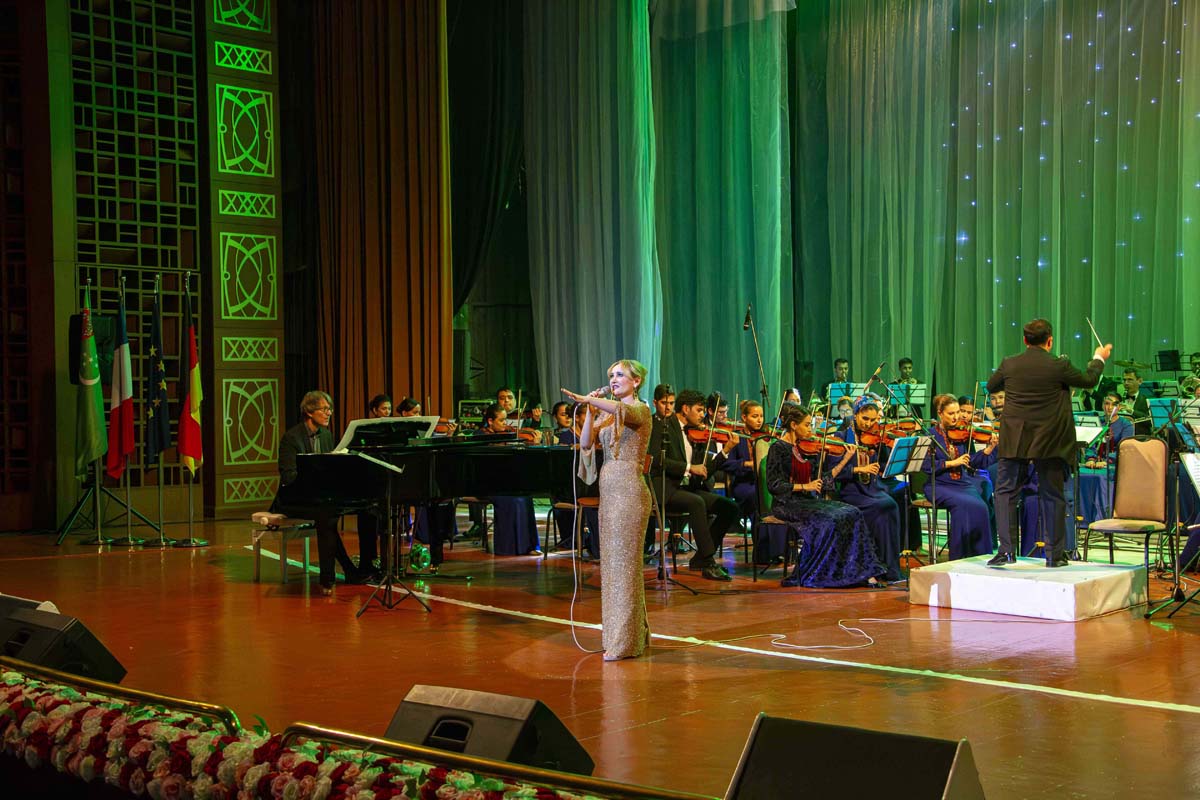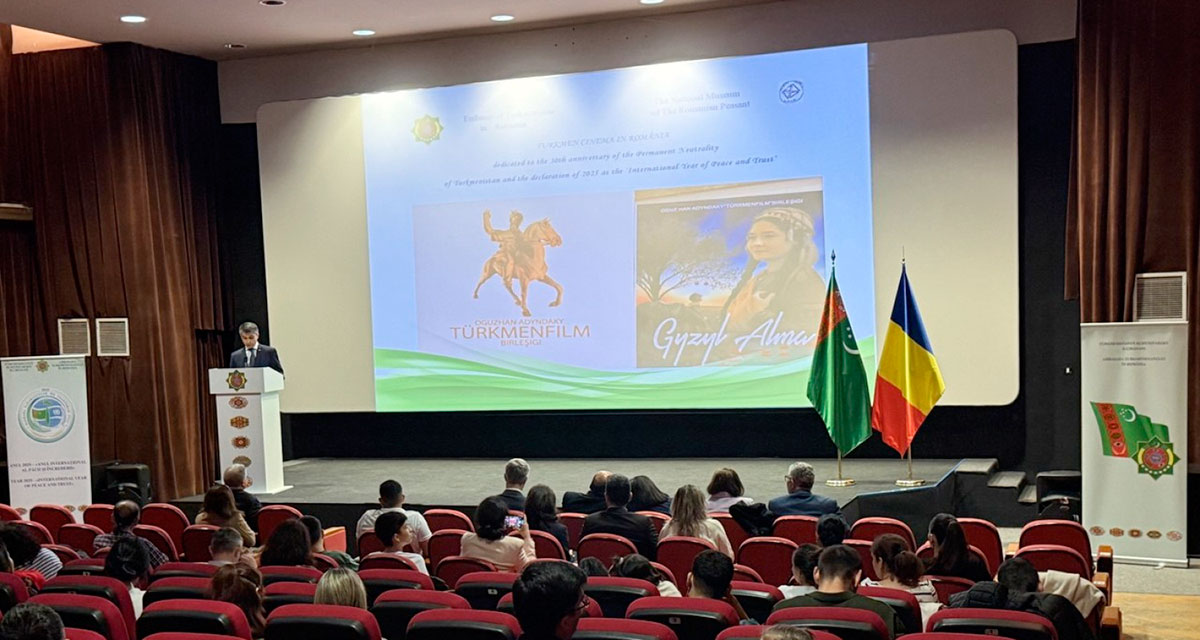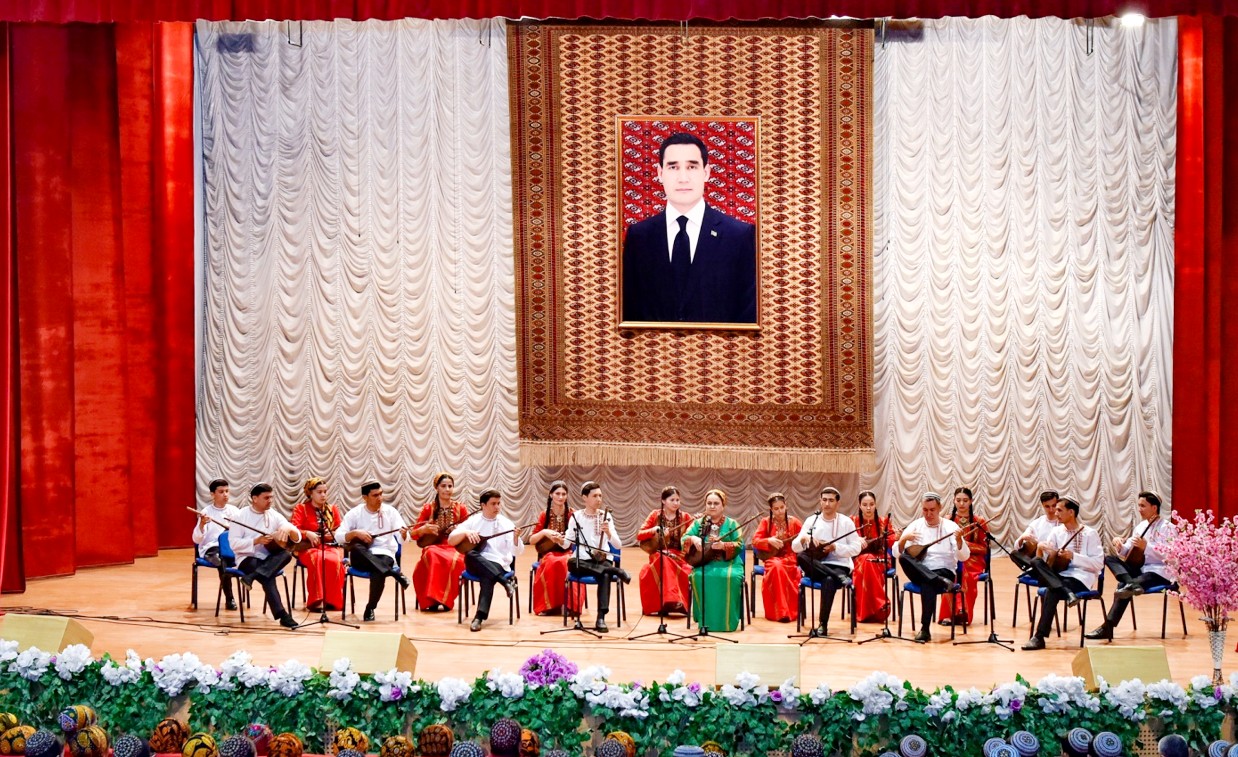This year, in a solemn ceremony to commemorate the 300th anniversary of the birth of the classic of Turkmen literature Makhtumkuli Fragi and a new cultural and park complex of the capital was opened in his honor in the foothills of Kopetdag.
It is symbolic that this large-scale object, in addition to the majestic monument of Makhtumkuli, includes an alley of famous poets and thinkers from various countries and eras, which emphasizes its importance in the context of friendship of peoples and unity of the cultural heritage of mankind.
There are 24 monuments on the territory of the park complex world-famous writers and poets from around the world. The editorial board of the Golden Age considered it right, if possible, to acquaint the reader, especially children and youth, with the life and work of outstanding personalities whose monuments adorn Makhtumkuli Alley. This is also important because some of the geniuses of their time represented here have visited Turkmenistan. "GA", publishing information about them, does not pretend in any way to the completeness of coverage of materials about a particular person, especially since many of them after a long period of time, not much information has been preserved.
Our short story today is about the classics of Japanese literature by Yasunari Kawabata. Yasunari Kawabata – famous Japanese writer, officer of the French Order of Arts and Literature was born in the city Osaka was born in 1899 in the family of a doctor. At the age of four, he became an orphan. After losing his family, Yasunari went to boarding school. During his school years, he was fond of painting, but by the age of 15 he was focusing on literature. Then he enrolled to study at he graduated from the University of Tokyo in 1924 and received a Bachelor of Arts degree. Getting carried away with literary work, Kawabata also worked as a reporter for newspapers. Around the same time, his early short stories "Diary of a Sixteen-year-old" and "Feelings of an Orphan" were published.
Recognition and popularity began to come to him shortly after the publication of the work "Dancers from Izu". The novels "Thousand-Winged Crane", "Snow Country", "Old Capital", "Mountain Peak", "Meijin" are considered his main works.
The writer's books have been translated into many languages of the world. In addition, as president of the Japanese PEN Club, Kawabata contributed to numerous translations of works from Japanese into languages of the peoples of the world.
In 1968, Kawabata was the first Japanese writer to receive the Nobel Prize in Literature "for the mastery of the story, which expresses the essence of the Japanese soul with extraordinary sensitivity."
At the end of his life, the writer was seriously ill and in 1972 Kawabata died. Two years after his death, the Yasunari Literary Prize was established by the Sintes publishing house in honor of the writer Kawabata.








